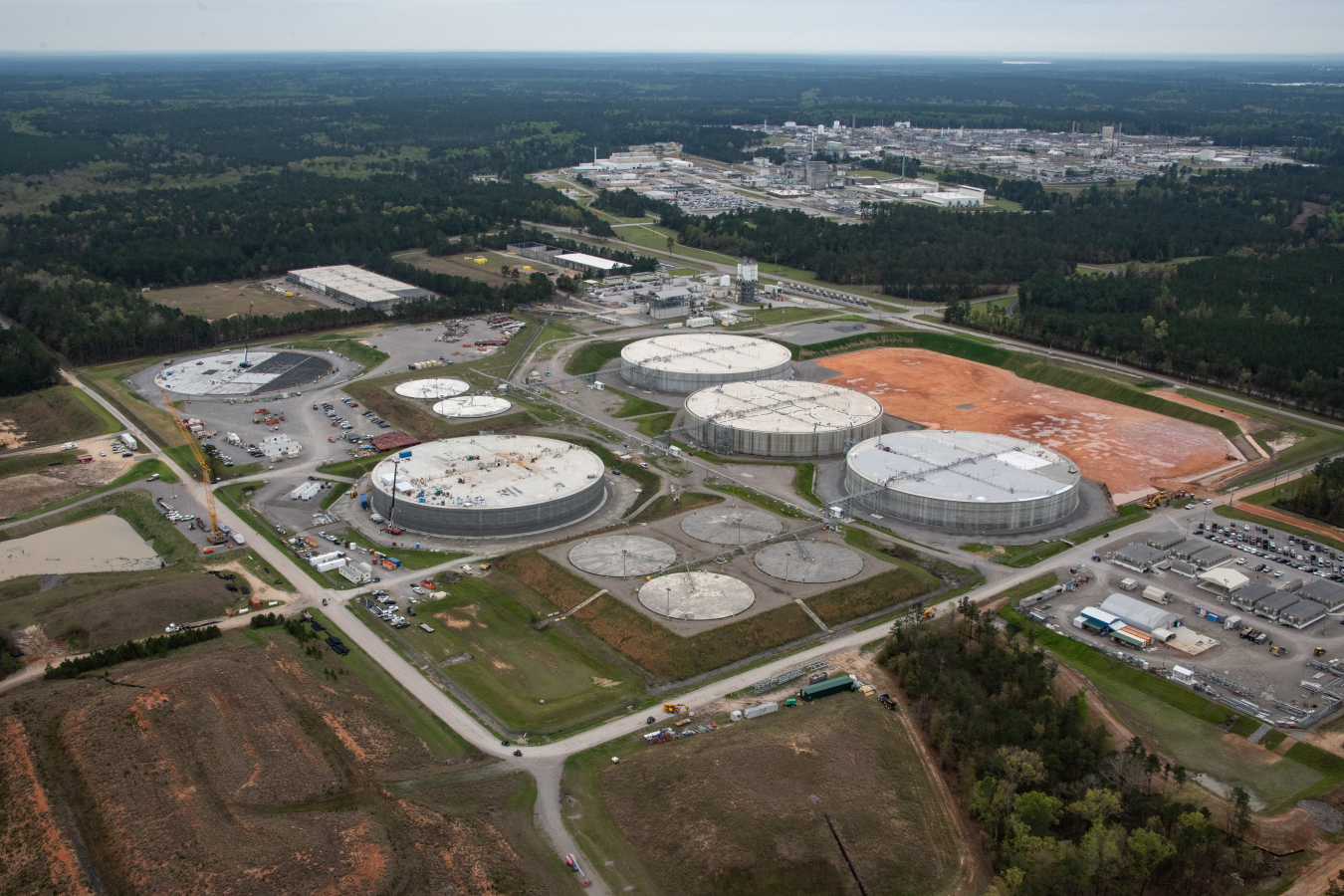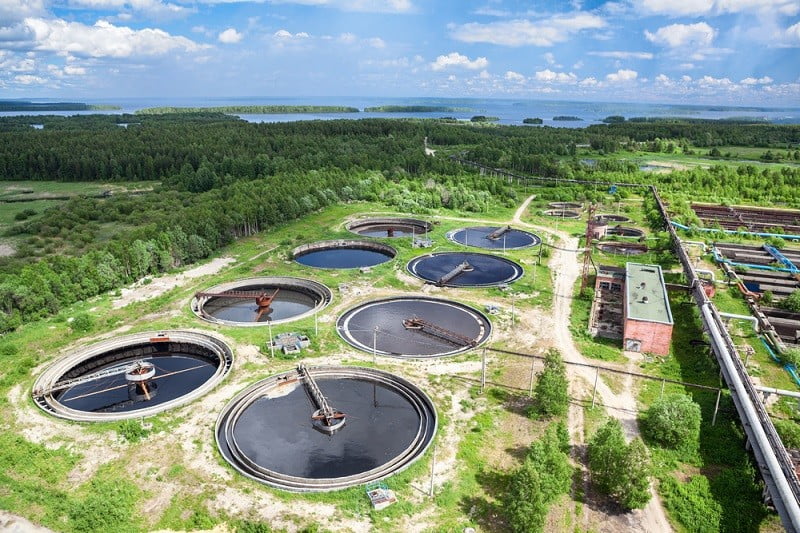Specialist Liquid Waste Removal Melbourne: Rapid and Inexpensive Services
Specialist Liquid Waste Removal Melbourne: Rapid and Inexpensive Services
Blog Article
Recognizing the Comprehensive Process of Fluid Garbage Disposal: Finest Practices and Environmental Effect Factors To Consider
The management of fluid waste disposal is a complex problem that calls for a comprehensive understanding of various finest techniques and their connected environmental effects. From the kinds of liquid waste generated to the techniques employed for collection, treatment, and last disposal, each step plays an important function in safeguarding ecological communities and public health and wellness. As regulatory criteria develop and modern technology breakthroughs, the discussion around these procedures becomes increasingly relevant. What effects do these adjustments hold for future sustainability efforts, and exactly how can stakeholders ensure that they are adequately dealt with?
Kinds of Liquid Waste
Comprehending the numerous kinds of fluid waste is crucial for effective management and disposal practices. Fluid waste can be generally classified right into numerous kinds, each requiring distinct handling and therapy methods.
Industrial liquid waste usually has dangerous materials, including hefty steels, solvents, and chemicals, created throughout producing processes. These wastes demand stringent regulatory conformity to safeguard human wellness and the environment. Domestic liquid waste mainly refers to wastewater generated from families, consisting of sewage and greywater, which, although less toxic, can still pose substantial dangers if incorrectly handled.
Agricultural fluid waste, consisting of drainage from farms, usually includes fertilizers and pesticides that can bring about environmental destruction otherwise treated properly. Medical liquid waste, created from health care centers, includes contaminated fluids such as physical liquids and chemicals, needing specialized disposal methods to avoid infection and environmental contamination.
Last but not least, oil and oil waste, generally generated by restaurants and auto markets, can create serious obstructions in sewage system systems if not handled effectively. Recognizing these categories assists in targeted methods for treatment, conformity with laws, and reliable disposal techniques, inevitably promoting environmental sustainability and public wellness safety.

Collection Approaches
Reliable collection techniques are vital for the correct monitoring of fluid waste, making sure that it is collected safely and efficiently before therapy or disposal. Different techniques are used depending on the kind of fluid waste created, the quantity, and the certain attributes of the waste.
One common approach is using devoted collection tanks or sumps, which are created to capture fluid waste at the resource. These systems typically incorporate pumps that assist in the transfer of waste to larger storage space containers or therapy facilities. In addition, mobile collection systems equipped with vacuum cleaner innovation are employed in scenarios where waste is generated periodically or in hard-to-reach places.
For industrial setups, closed-loop systems can effectively decrease spills and leakages, enabling for the recovery and reuse of liquid waste. It is additionally necessary to train employees on appropriate collection methods to reduce threats connected with hazardous compounds.
Furthermore, carrying out routine upkeep schedules for collection devices makes certain ideal efficiency and safety and security. The integration of sophisticated monitoring systems can improve collection performance by giving real-time information on waste degrees and potential risks. Generally, effective collection techniques are fundamental to lasting fluid waste administration methods.
Therapy Procedures
Treatment processes play an important function in the monitoring of liquid waste, transforming potentially dangerous materials right into reusable resources or risk-free effluents - liquid waste disposal. These processes can be broadly classified right into physical, chemical, and organic techniques, each tailored to resolve details impurities existing in the waste stream
Physical treatment methods, such as sedimentation and purification, work by getting rid of put on hold solids and particle issue. These methods are frequently the initial step in the treatment chain, successfully reducing the lots on succeeding procedures. Chemical treatments include making use of reagents to neutralize hazardous materials, precipitate heavy steels, or oxidize natural toxins, consequently improving the safety of the effluent.
Organic therapy processes, consisting of triggered sludge systems and anaerobic food digestion, maximize the natural capabilities of bacteria to weaken organic issue. These methods are especially reliable for wastewater including biodegradable contaminants. Advanced therapy modern technologies, such as membrane purification and progressed oxidation procedures, are increasingly used to accomplish higher degrees of filtration.
Including a combination of these treatment techniques not just ensures compliance with regulative requirements but likewise advertises ecological sustainability by recouping valuable sources from fluid waste.
Disposal Options
Just how can companies make certain the risk-free and accountable disposal of fluid waste? Reliable disposal options are vital for guarding public wellness and the setting. The key approaches consist of land therapy, incineration, and disposal adhered to by discharge right into local wastewater systems.
Land disposal includes the mindful control of liquid waste in designated land fills, guaranteeing that it does not leach into bordering soil or water. Incineration, on the various other hand, subjects fluid waste to high temperature levels, transforming it right into ash and gases, which need proper purification to reduce discharges. This method is appropriate for contaminateds materials that can not be dealt with through conventional means.
In cases where fluid waste can be dealt with, organizations may choose organic or chemical therapy procedures to counteract dangerous elements before discharging the dealt with effluent into metropolitan systems. This course commonly lines up with regulatory needs, making certain that the effluent fulfills security criteria.
Ultimately, companies have to carry out thorough evaluations of each disposal choice to determine its stability, considering variables such as waste composition, governing compliance, and prospective risks to wellness and the environment. By choosing ideal disposal techniques, companies can add to a responsible waste administration method.
Environmental Effect
The ecological impact of liquid waste disposal is an essential factor to consider for companies looking for to minimize their eco-friendly footprint. In addition, the discharge of unattended or improperly dealt with waste right into surface waters can result in eutrophication, leading to oxygen deficiency and the succeeding fatality of fish and various other microorganisms.

To alleviate these impacts, organizations need to see it here take on best techniques such as implementing rigorous waste treatment procedures, promoting recycling and reuse, and sticking to regulatory requirements. By taking an aggressive approach to liquid waste administration, entities can dramatically minimize their ecological impact while sustaining sustainable growth objectives. Inevitably, a comprehensive understanding of the environmental impacts related to liquid waste disposal is necessary for educated decision-making and responsible stewardship of natural sources.
Verdict
Effective management of fluid waste is crucial for guarding ecological integrity and public health. Inevitably, a thorough understanding of liquid waste disposal not only reduces ecological impacts however additionally fosters a dedication to accountable resource management and ecological stewardship.
The management of liquid waste disposal is a complex issue that needs a complete understanding of numerous best practices and their linked environmental impacts. From the types click now of liquid waste created to the methods used for collection, therapy, and final disposal, each step plays an important duty in securing ecological communities and liquid waste disposal melbourne public health and wellness.The environmental impact of fluid waste disposal is a crucial factor to consider for companies seeking to reduce their environmental impact. Eventually, a detailed understanding of the environmental impacts connected with liquid waste disposal is necessary for informed decision-making and liable stewardship of natural resources.
Ultimately, a detailed understanding of fluid waste disposal not just minimizes environmental impacts but additionally promotes a commitment to accountable source administration and environmental stewardship.
Report this page